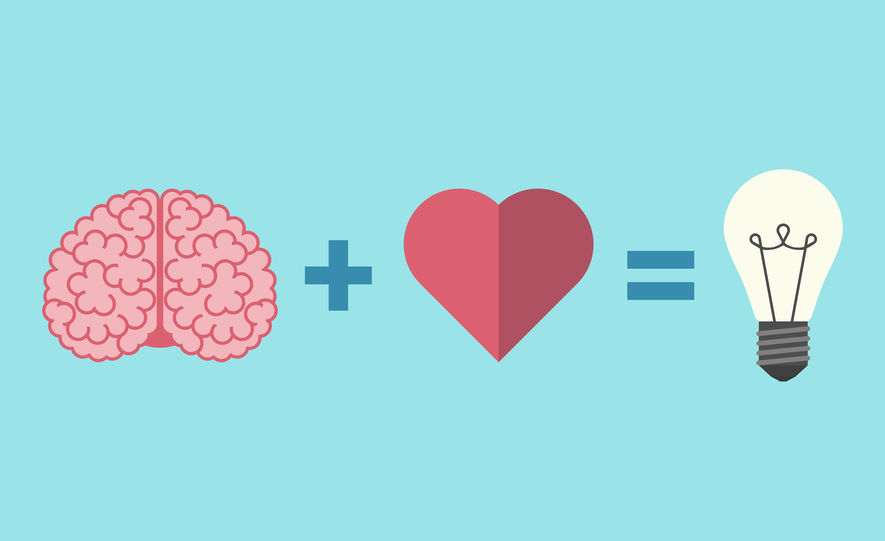
“People don’t care how much you know unless they know how much you care” – some people give the credit for this line to Theodore Roosevelt, and some say that it was said by John C. Maxwell. Irrespective of who said it, one thing is for sure that there is hardly any other set of words more befittingly applicable in the domain of interpersonal communication and relationships.
And the most striking feature of this line is that it is universally relevant. Right from the plush porticos of Paris to the remote places of Papua New Guinea; and from community-circles to corridors, and from cabins to cubicles, it holds true. Yes, emotional connect is the prerequisite even for intellectual exchange. And the reason is rooted in neuroscience.
Well, before we discuss the underlying reasons, see this video to get the gist of what we are saying, why it is important, and how it has relevance in terms of both personal relationships as well as at workplace…
As you saw in the video, this desire to connect comes from the very design of our brain. As neuroscientist Paul D MacLean aptly named it ‘the triune brain’ concept, the fact is that we humans have three brains wrapped over one another. Sacrificing depth for brevity, you can say that while the topmost layer is responsible for intelligence, the lower two are producers and consumers of emotions. So even in the most rational discussions and decisions, there is always an emotional undertone. That’s why it is important to connect emotionally even when you are appealing to someone’s intellect.
This becomes an important tenet for today’s leaders, coaches and teachers; as people don’t follow you unless they ‘trust’ you. And this trust is an offshoot of limbic resonance – a state that can only be attained when you are attuned to someone. Doing so isn’t easy in a world where limbic dissonance is constantly induced by decreasing attention-span and increasing dehumanization. Precisely that’s why ‘social & emotional intelligence’ is so important in today’s world.
Building on the interconnections between brain and behavior, this all-important ‘social & emotional intelligence’ is required to excel in the various roles we play at home and at workplace. Only a detailed knowledge of ‘structure and functioning of human brain’ combined with psychological concepts can help you develop this science of managing self and connecting with others – a science that can be learnt, practiced and mastered.
However, it all begins with some important realizations like…‘People don’t care how much you know unless they know how much you care’.
Dr. Sandeep Atre
‘Emotional & Social Intelligence’ Expert
Founder – Socialigence
Note: Socialigence (www.socialigence.net) offers self-paced video-based online course on ‘Social & Emotional Intelligence’ with content that has relevance across the globe, and delivery specifically customized according to the work-scenarios in India.
